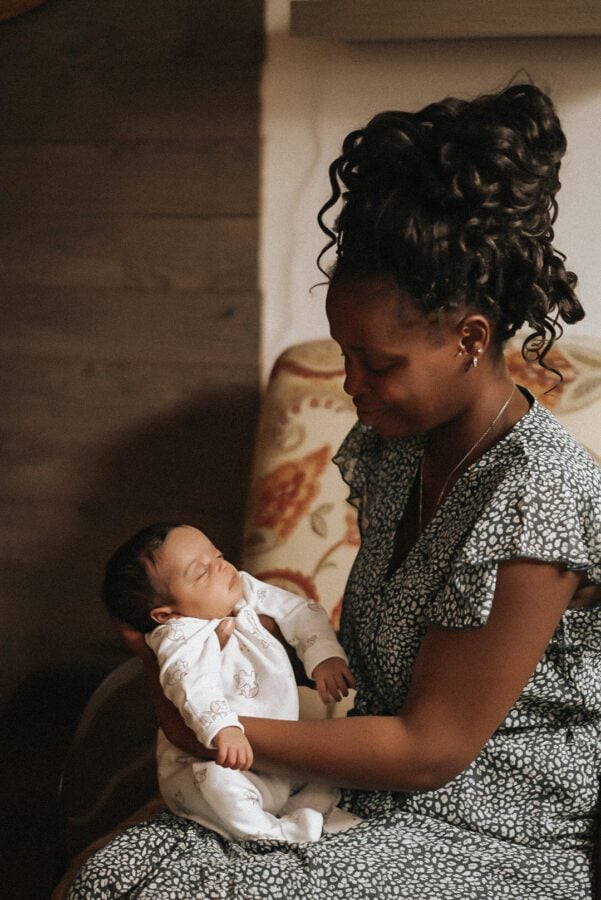Preparing for childbirth is one thing, but experiencing the post-partum period is quite another, and it comes with a whole range of new questions every day.
I know that contraceptives can be a source of stress for a new mother and the couple. The couple may want to be sexually active without worrying about a new pregnancy shortly after the previous one. I get it! In fact, I think that couples should think about this question from the start of pregnancy. How will they protect themselves after the birth of their child to avoid giving birth to another in a short period?
There are many things you can do depending on if you’re breastfeeding your baby. We know that contraceptives contain estrogen, which can significantly reduce milk production, forcing some mothers to supplement their breastfeeding with other products. Some mothers, when faced with the challenge of both breastfeeding then supplementing with a bottle, become discouraged and stop breastfeeding, replacing it with a bottle filled with artificial milk.
Current data seems to show that progestin-only contraceptives have a lower impact on milk production for breastfeeding mothers.
Even if you have read or heard someone say that breastfeeding makes a woman infertile, BE CAREFUL! The basic principles supporting this belief and the suggestions health professionals will make based on current knowledge and what you want all need to be understood. Generally, we know that exclusively breastfeeding usually delays a new mother’s menstrual cycle, but she can also ovulate without having menstruations after childbirth. We also know that it’s rare for a woman to become pregnant again when breastfeeding takes place frequently during a day (8–12 feedings a day). Ovulation hormones will be blocked by breastfeeding hormones if the time between feedings isn’t more than four hours. To avoid parent insecurity on this topic, it will likely be suggested that you use a barrier method to supplement the breastfeeding protection, such as a condom, spermicide, a diaphragm or IUD.
Current data seems to show that progestin-only contraceptives have a lower impact on milk production for breastfeeding mothers. Birth control pills, such as Micronor, a Depo-Provera injection or hormonal IUD are examples of what can be used. However, you have to remain vigilant because we can note a slowing of milk production for certain mothers.
The choice of contraceptives after childbirth must be made based on what parents (you) are comfortable using. However, one thing is sure—it’s better to be protected if you don’t want a second pregnancy right after the other one. The question of contraceptives after childbirth must be dealt with when you start of preparing for delivery, to make sure you can make an informed decision. When you’re released from the maternity ward, or during your first post-partum appointment with your doctor, you will talk about contraceptives, and you will be given the proper prescriptions as needed. This is why it’s a good idea to have a notion of what you want as a couple to make sure each person is satisfied.
I hope this has helped you better understand this topic.
Associated Articles:
- Those Charming Hormones
- Sexuality and Pregnancy
- Adapting to the Baby’s Arrival
Associated Videos:
- Sexuality and Pregnancy
- Adapting to the Return Home
Talk soon,
Marie
The Baby Expert


